Activists from Bialystok
Category
The Second Polish Republic
Donated by
Zofia Wałuszko
Signature
IPN Bi 719
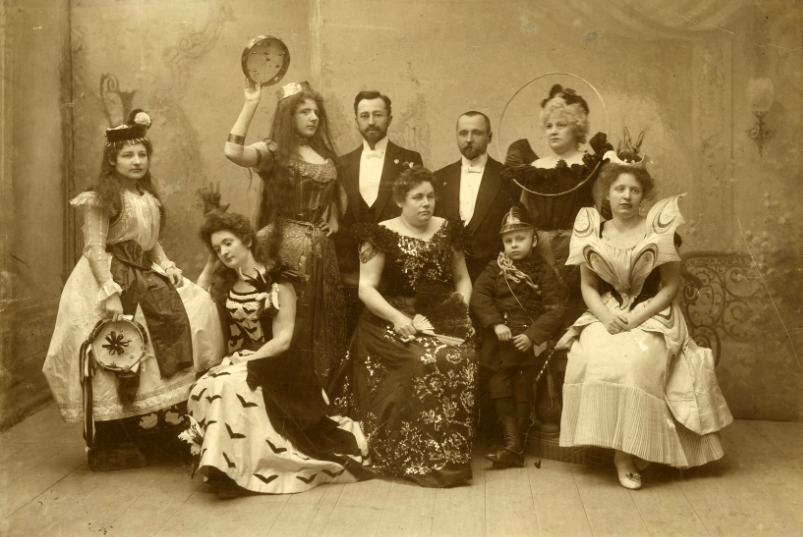
The Archive of Jadwiga and Zofia Klimkiewicz
The family archive of Jadwiga and Zofia Klimkiewicz
Jadwiga Ewa Klimkiewicz, neé Glińska, was born on 3 July 1876 [other sources give 1880] in Kielmy (now in Lithuania), the daughter of Franciszek and Ewelina, neé Sawicka. Her father was a notable activist in the Bialystok region. He held various positions (pharmacist, banker, and journalist), but was best known as a social activist and the first director of the City Public Library.
Jadwiga was also engaged in social activism. In 1901, she was elected as a board member of the Society for the Aid of the Poor – Female Caregivers (Towarzystwo Pomocy Biednym – Pań Opiekunek), who ran a soup kitchen for the poor and a shelter. She was also a member of the City Welfare Council. From 1910–1929 she owned a bookstore in Bialystok located at 1 Kościuszki Rynek (1 Kościuszko Market Square), which became renowned for its postcards presenting the capital of the Podlesie region [i.e. Bialystok]. She was a member of the Polish Booksellers Association and was one of the founders of the Trade and Industrial Association in Bialystok.
After the First World War she was engaged in political activities. In August 1919, she was the treasurer of the Polish Electoral Commission. On August 24, Jadwiga Klimkiewicz made a speech at a pre-election meeting. The press reported: “Mrs. Klimkiewicz, addressing Polish women and encouraging them to take part in the elections, emphasized that the great future that awaits us in our now independent country depends on women. Because a woman is the heart without which society cannot exist. It is therefore the duty of women to use all means to ensure that elected councilors are competent and able to fulfill their mandate appropriately.”
In September she secured a City Council mandate from the ‘Blok 15’ list, i.e., “fifteen cultural-educational-philantropic-professional organizations”. Klimkiewicz was Secretary of the City Council. She was active on the cultural-educational committee and continued her social activism (among other things, as chairwoman of the Social Welfare and Labor Protection Commission). In 1927, the Bialystok press reported that Klimkiewicz had made an attempt to run in the next council elections, gathering significant backing from the female population, however without success:
“(…) Klimkiewicz is making an effort to unite female office workers, telephone operators, and other white collar workers in one union (the Union of Polish Working Women) and for the fusion of that ‘union’ with the National Women’s Organization (NOK). The Polish White Cross and NOK have already received her proposal, however her attempts were a fiasco... Only in her dreams and aspirations can our ‘female city father’ see her parliamentary seat ....”
Family life
On 9 November 1902, Jadwiga married pharmacist Aleksander Klimkiewicz (born 1872, son of Adam and Maria, neé Jóźwiakowska). First they settled in Drohobycz, and later moved to Pińsk as Aleksander had obtained the position of pharmacy manager there. They had two children: Maria (25.09.1904–12.05.1946) and Tadeusz (1908 – 2.08.1921). Jadwiga very soon became a widow. Her husband died on December 23, 1908. In his obituary we can read:
“On 10 December of last year, Aleksander Klimkiewicz died of nephritis in Pińsk. As former Secretary of the Board of the ‘Oświata’ Society, he had proved to be a hardworking employee and his death is a huge loss for the society and has left a tremendous gap among the members of the Board.”
The date of Aleksander’s death makes it doubtful that he was the father of Jadwiga’s third child – daughter Zofia, born 23 September 1910 in Pińsk. However another source, a list of prisoners of KL (Konzentrationslager) Majdanek, gives 1907 as the year of Zofia’s birth. In 1925 she completed a four-month nursing course organized by the ‘Sokół’ (Falcon) Gymnastic Society under the auspices of the Polish Red Cross and an internship at the regional military hospital in Bialystok. In the interwar period she worked as an accountant in a government office.
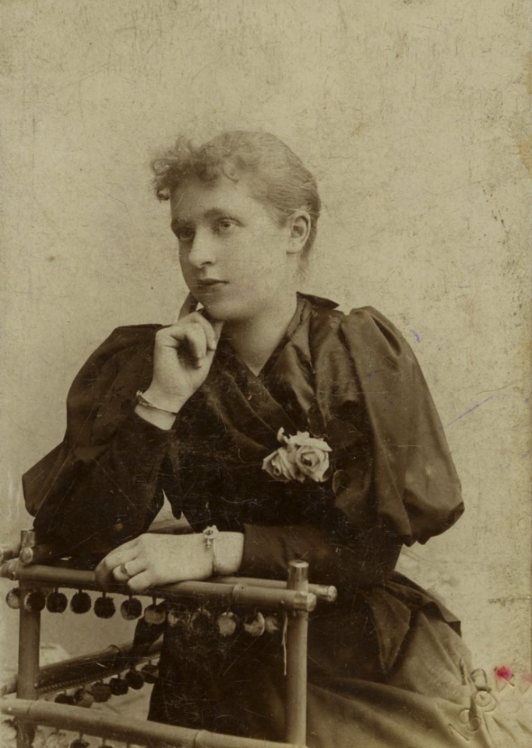
The Archive of Jadwiga and Zofia Klimkiewicz
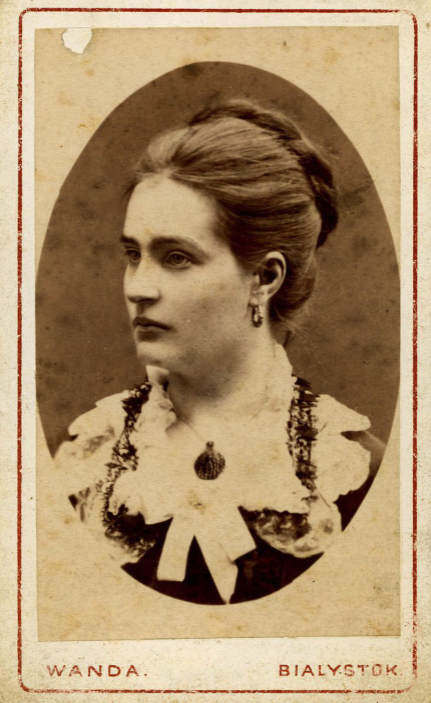
The Archive of Jadwiga and Zofia Klimkiewicz
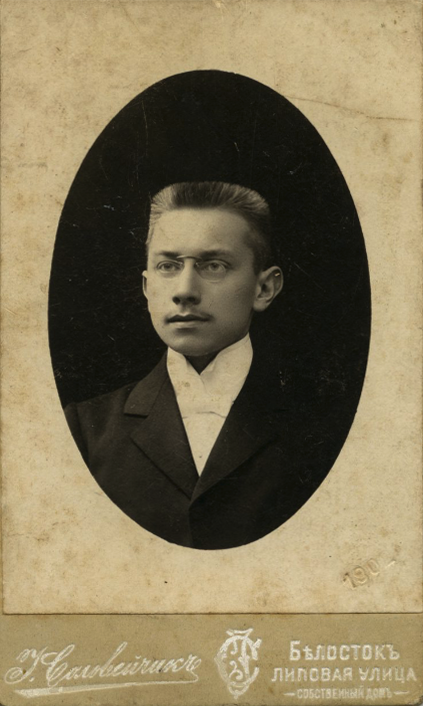
The Archive of Jadwiga and Zofia Klimkiewicz
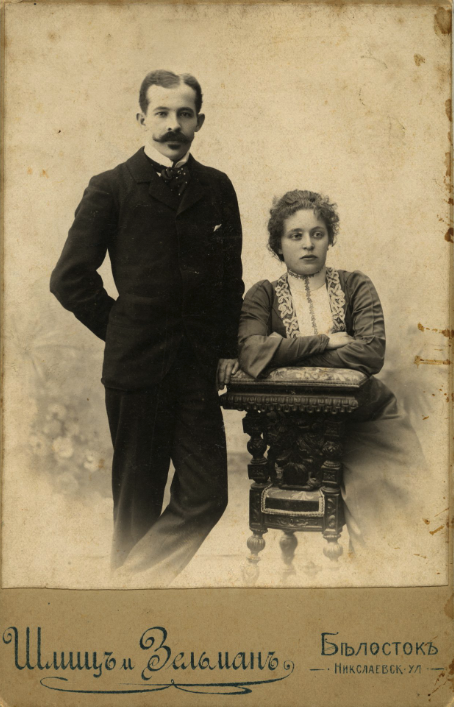
The Archive of Jadwiga and Zofia Klimkiewicz
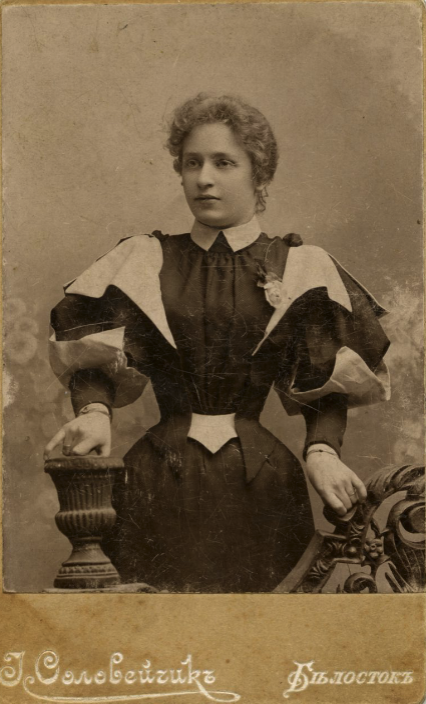
The Archive of Jadwiga and Zofia Klimkiewicz
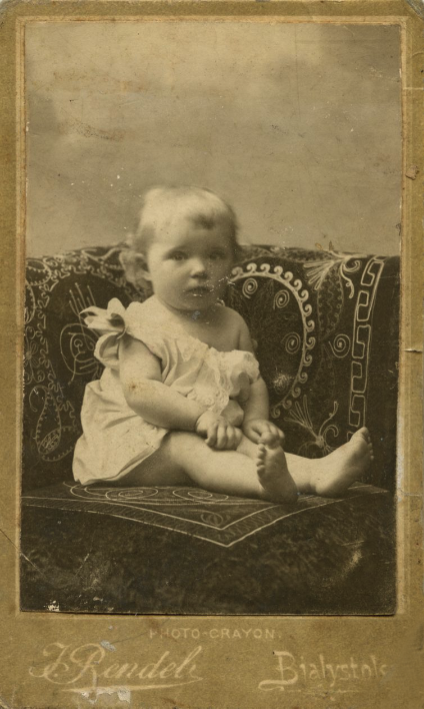
The Archive of Jadwiga and Zofia Klimkiewicz
World War II
In early 1942, Zofia became involved in the underground [anti Nazi] movement. She was assigned to the Women’s Military Service (Wojskowa Służba Kobiet, WSK) where she served as a courier under the pseudonym ‘Alina’. In February she completed a ten-day special course for couriers in Warsaw. Afterwards she returned to Bialystok and carried documents between headquarters [of the Home Army in the Bialystok region] and District Command in Brest on the Bug river. On September 1, 1942, Zofia and her mother were arrested by the Germans and imprisoned in Bialystok. Zofia served as a korytarzowy [prison guard responsible for cells in one corridor], so she could help incarcerated women to make and maintain contact (by passing secret messages between them). After the investigation, both women were transported to KL Majdanek (Jadwiga was given number 135, Zofia, 131). Zofia fulfilled various tasks: first as a garden helper, then as a cleaner and maid. In April 1944, they were transported to KL Auschwitz (Zofia was given number 77312, Jadwiga, number 78178). Zofia first worked in a cleaning ‘commando’, later as a nurse in block no. 22 [sick bay]. In August she fell ill with typhoid fever. She overcame the disease and later became a nachtwacht (night guard). Zofia and her mother managed to survive until the liberation of the camp. Zofia, however, stayed at the camp and from June 1–September 22, 1945, was a nurse in the camp hospital run by the Polish Red Cross. Both women returned to Bialystok afterwards.
After the War
Zofia and Jadwiga were badly affected by their prison and camp experiences. Zofia returned to work while Jadwiga, in appreciation for her work for the capital of Podlesie region, was granted honorary aid benefits by the city council. On May 12, 1946 both women suffered another blow – in an infectious diseases hospital in Lodz, Maria Wendorff, neé Klimkiewicz [Zofia’s older sister], married to Zygmunt, died. Jadwiga died in 1952. Zofia got actively involved in veterans’ organizations, received the Knight’s Cross of the Order of Polonia Restituta and the medal of the 10th Anniversary of the People’s Poland. She died in 1985 in Bialystok.
The owner of the donated collection was Zofia Klimkiewicz. She died childless and left her legacy to her caregivers, the Wałuszkos. The donated collection includes documents and photographs not only from Jadwiga and Zofia Klimkiewicz, but also Maria [Klimkiewicz] Wendorff. Manuscripts, both hand-written and typed, of their recollections from the war and the occupation, have survived, as well as a collection of photographs showing the Gliński and Klimkiewicz families.
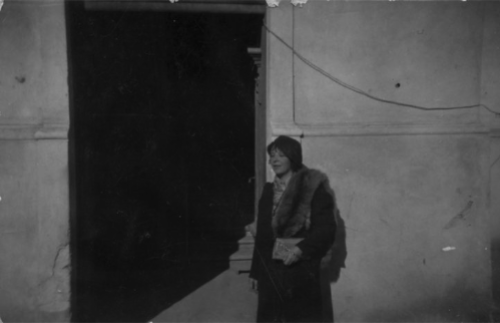
The Archive of Jadwiga and Zofia Klimkiewicz